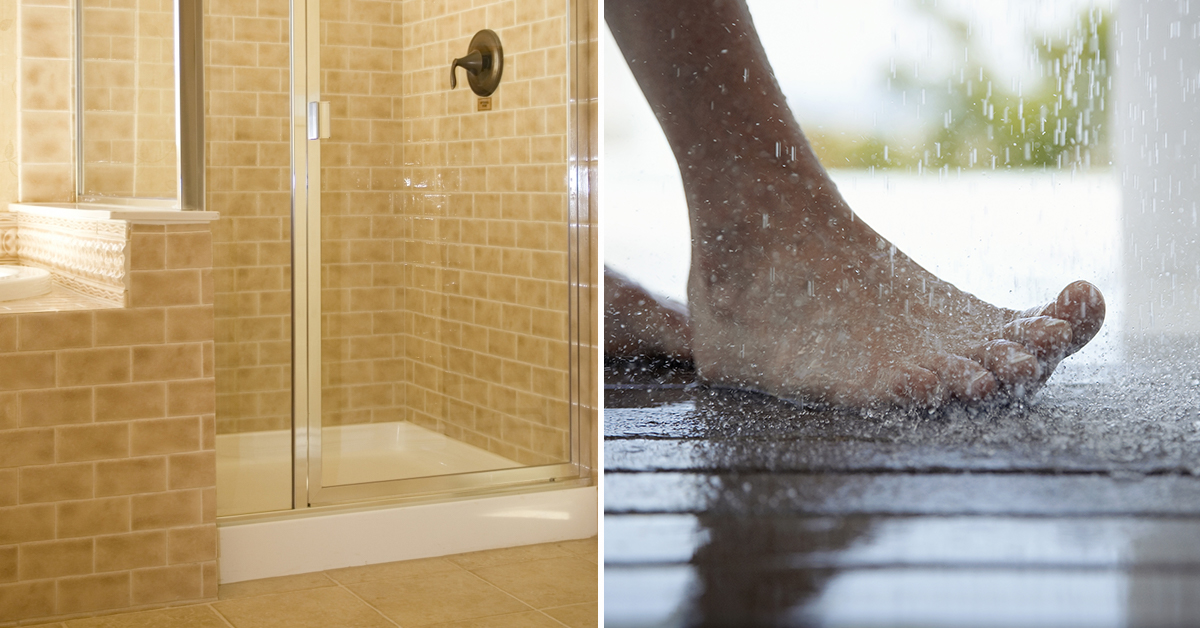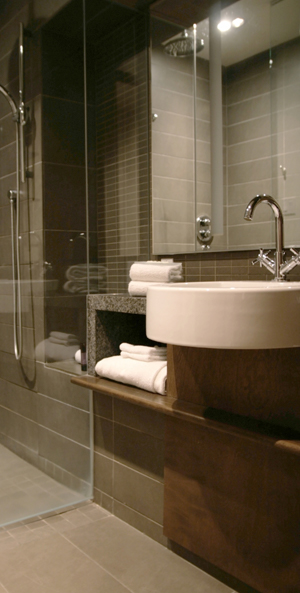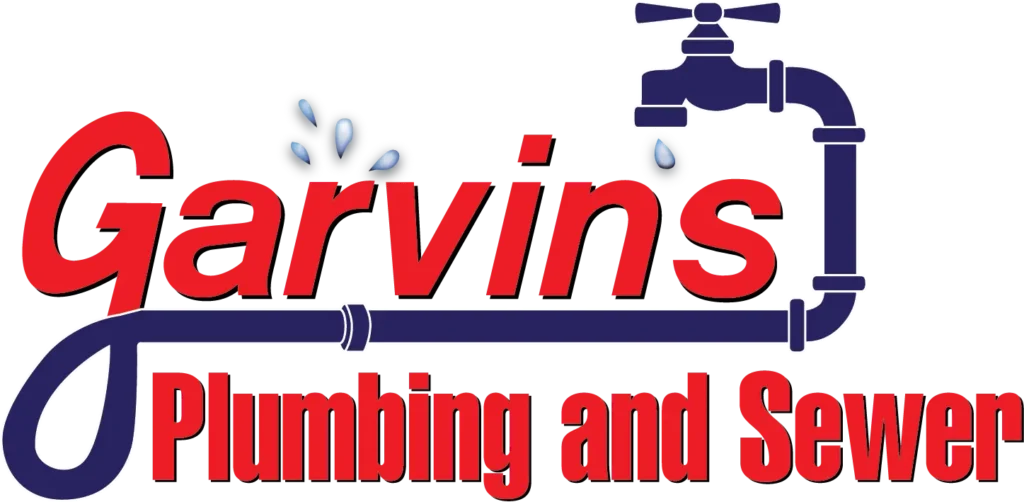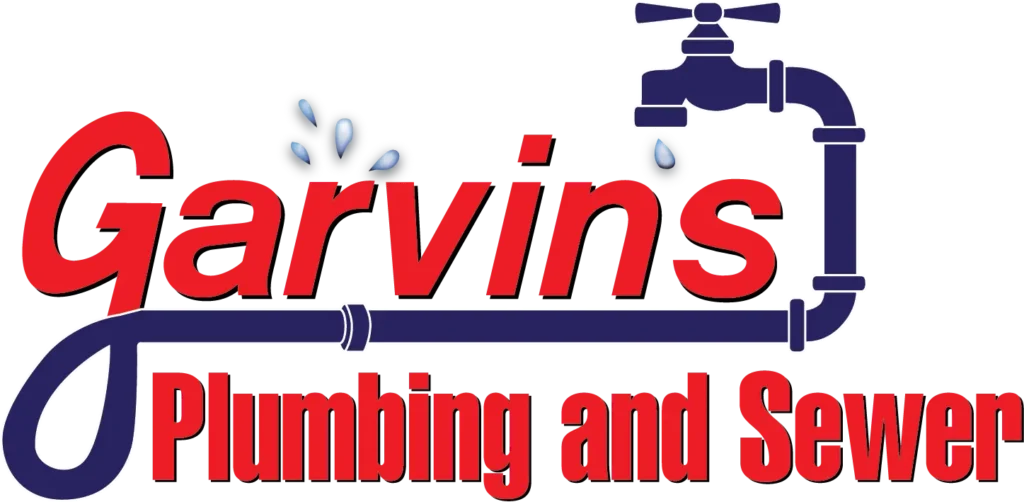 Want to see something really cool and really scary? Click this link.
Want to see something really cool and really scary? Click this link.
Okay, are you back? That was limescale, and the scary part is it’s hard to tell where the pipe ends and the limescale beings. The limescale in that photo has built up over many years and, as you can probably guess, is seriously preventing the water from flowing as it should.
What is limescale? Does it affect plumbing in Denver? Can it really be that bad? Let’s take look.
What Is It?
Limescale is a solid deposit that is found when hard water evaporates, leaving behind the minerals. These naturally-occurring minerals and compounds are mostly calcium bicarbonate, calcium carbonate, and magnesium.
Is Denver’s Water Hard or Soft?
Rainwater is naturally soft and contains no minerals, so you might think that as close as we are to the source of the country’s water that our water would be naturally soft. But you also have to remember that our relatively shallow rivers are fast-moving; more of the water touches the rocks and wears it away. That means that Denver’s water tends toward the hard side; in fact, it’s slightly harder in winter. Because of this, Denver’s water tends to form limescale.
 Where Does It Cause the Biggest Problems?
Where Does It Cause the Biggest Problems?
Limescale can cover the inside of pipes, making it harder for water for pass through them. (Click on that link above again…the pipe is now half the size it once was.) It can also cause scale to form in toilets, which doesn’t cause problems but can be unsightly.
Another problem that limescale causes is in reducing the efficiency of hot water heaters. The water heater will bring in water, and the limescale settles to the bottom. After many years, a substantial part of the bottom of the hot water heater can become filled with this sediment.
And Yet It Can Be Beneficial
In our previous blog we told you all about the dangers of having lead service pipes heading into your home. Interestingly enough, a home with lead pipes can have its water tested and come up completely lead-free. How is this possible? Because over the decades limescale can actually coat the inside of the lead pipes, preventing any of the water from touching the lead! While this makes for less efficient pipes, it does prevent the homeowners from drinking contaminated water.
How Do You Get Rid of It
There are ways to remove limescale from just about any surface, including the inside of a hot water heater. These solutions are often incredibly acidic and harmful to human skin and eyes, so they should be used with caution and only by a professional. An example of such a limescale-destroying chemical is hydrochloric acid, which reduces the scale to carbon dioxide and salt.
The Denver area might not have the hardest water, but it is on the hard side. How much do you have to worry about limescale? Much of it has to do with the age of the pipes in your home. If you have concerns, contact your local plumber and we can take a look.




